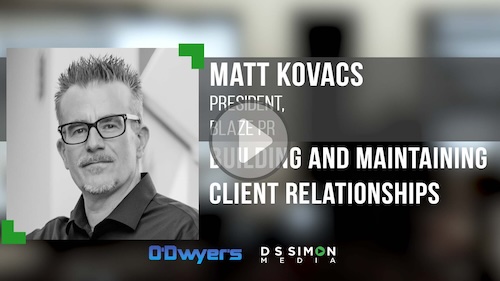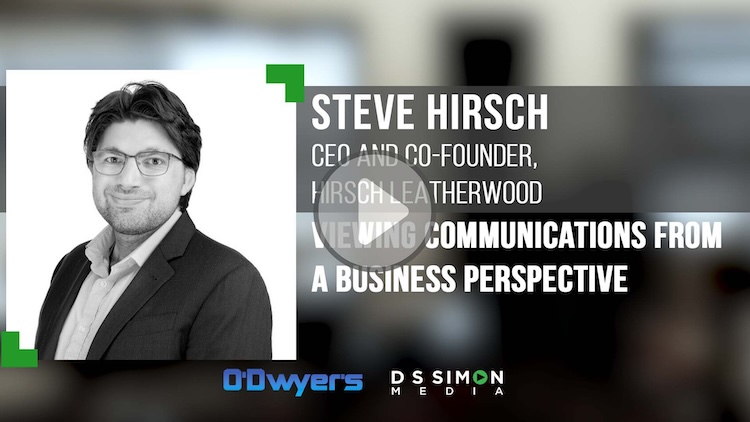|
|
Megyn Kelly isn’t the one Donald Trump has to fear in Thursday’s Des Moines, Iowa Republican debate, to be hosted by Fox News.
The Donald’s real stumbling block is Ted Cruz, who in the last debate carved up the stumbling real estate king and is likely to do the same thing again this week. Cruz demonstrated the last time around that he, beyond any other candidate, is a master debater, whose rapier tongue will lay waste to any candidate who challenges him.
And with six televised debates scheduled over the next couple of months, Cruz’s overwhelming oratorical prowess may soon make him the front-runner to win the Republican primary.
Here’s how Cruz, a 1992 U.S. National Speaker of the Year while on the championship Princeton University Debate Team, eviscerated his opponents at the last Fox Business debate, and will likely continue to do so.
Big picture planning
National political debaters must focus on hot-button subjects that are in the news. Worrying about too many subjects and retaining too many facts can cause candidates to get lost in the weeds, diluting their impact.
At the Fox Business debate, Cruz focused on the issue overhanging his candidacy, his Canadian birth and challenges by Trump to his U.S. citizenship. When the inevitable question was raised, Cruz revealed the motivation behind his accuser’s attack, noting that Trump himself in September had said that Cruz’s birth was a “non-issue.”
Said Cruz: “Since September, the Constitution hasn’t changed. But the poll numbers have.”
Cruz then delivered a spot-on exposition of the legal proof that a child born overseas of American citizens, even if the parents weren’t born in the U.S., is eligible to run for President, citing John McCain as an example. Cruz concluded by noting that Trump’s own mother was born in Scotland. “On the issue of citizenship, Donald, I’m not going to use your mother’s birth against you,” he said. The tongue-tied Trump was left fumfering.
Takeaway sound bytes
Televised debates have displaced paid ads and stump speeches as the most effective avenue for candidates to attract positive publicity. Gaining that publicity depends on delivering memorable and scintillating sound bytes.
Cruz, for example, labeled a report about a Goldman Sachs campaign loan, “the New York Times hit piece.” And he concluded his response about Trump’s questioning of his citizenship with this burn: “I’ve spent my entire life defending the Constitution before the U.S. Supreme Court. And I’ll tell you, I’m not going to be taking legal advice from Donald Trump.”
Bingo.
Impeccable timing
Novice debaters tend to blurt out their best lines quickly, fearing they’ll forget them later on. Cruz, by contrast, takes his time, holding back like a cobra until the most opportune moment to strike.
When rebutted by Cruz on the citizenship argument, Trump blurted out that others, too, had raised the issue. “Lawrence Tribe of Harvard said that there is a serious question as to whether or not Ted can do this,” Trump said.
After taking several minutes to debunk the constitutionality of Trump’s argument, Cruz pounced:
“Let me tell you who Larry Tribe is. He’s a left-wing judicial activist, Harvard Law professor who was Al Gore’s lawyer in Bush versus Gore. He’s a major Hillary Clinton supporter. And there’s a reason why Hillary’s supporters are echoing Donald’s attacks on me, because Hillary wants to face Donald Trump in the general election.”
Devastating.
Quick on the fly
Finally, a debater must be fast on his feet, ready to flip the script and adapt to what comes up in the discussion. Most can’t do it. (Think Jeb Bush.).
Cruz, on the other hand, is extemporaneously nimble.
After Cruz was asked to defend his criticism of “New York values,” Trump surprised him by invoking September 11 and the brave New Yorkers who brought the city back. Rather than standing embarrassingly stone-faced, Cruz immediately joined the audience in applauding. He had lost the point but was dexterous enough to mitigate the damage.
The real question, of course, is regardless of Ted Cruz’s superior debating skills, could someone so universally disliked ever be elected President?
Not a chance.
But could he win important primaries in ultra-religious Iowa and arch-conservative South Carolina?
Yes, he could.
And with a few early primary wins, coupled with his superior debating skills, a Cruz nomination is not beyond the realm of possibility.
* * *
Fraser P. Seitel has been a communications consultant, author and teacher for 40 years. He may be reached directly at [email protected]. He is the author of the Prentice-Hall text The Practice of Public Relations, now in its 12th edition, and co-author of Rethinking Reputation and Idea Wise.











 Have a comment? Send it to
Have a comment? Send it to 
No comments have been submitted for this story yet.